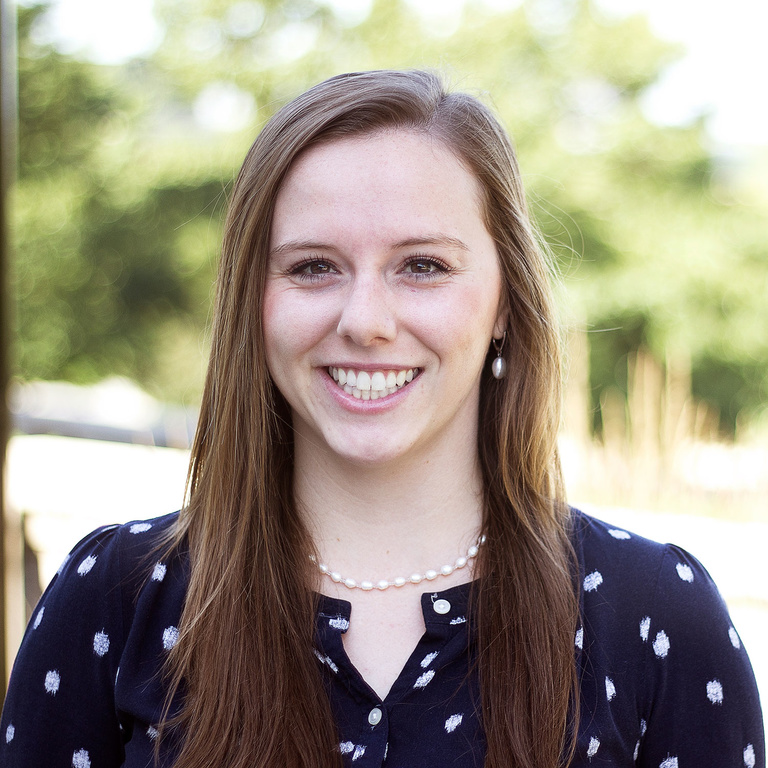
"At the Iowa Technology Institute, I am able to combine my enthusiasm for two fields: biology and computing. I have always enjoyed biology, but computing piqued my interest during my first year of undergraduate engineering studies. I find that using technology to pursue biological applications is always improving, and there are constantly new ideas to be explored.”
Hometown: Indianola, Iowa
Year: Fifth-year PhD student
Program: Biomedical Engineering with a focus on computational biophysics
Mission Area: Biotechnology
Lab: Computational Biomolecular Engineering Lab
Advisor: Michael J. Schnieders, associate professor of biomedical engineering and of biochemistry